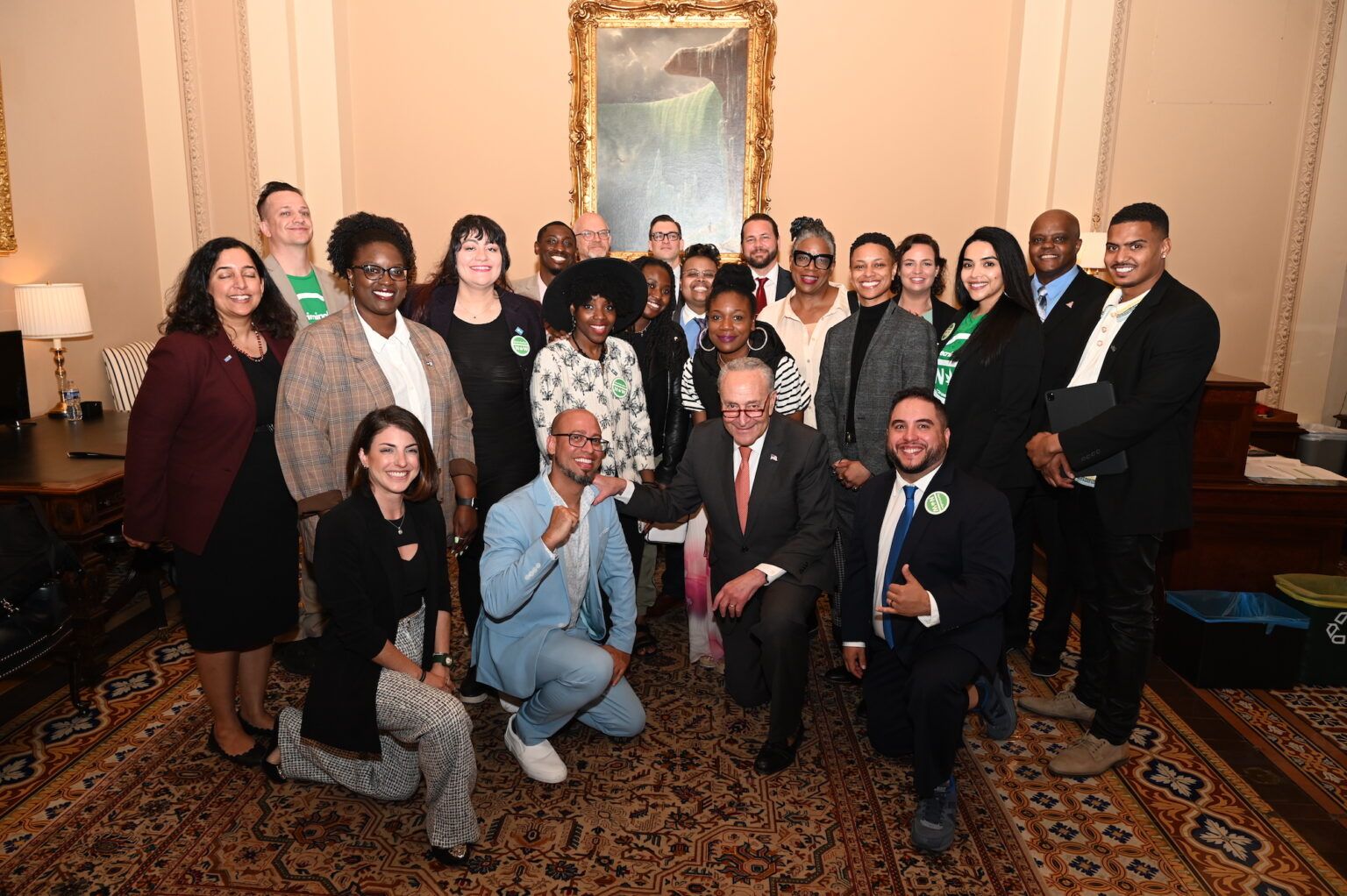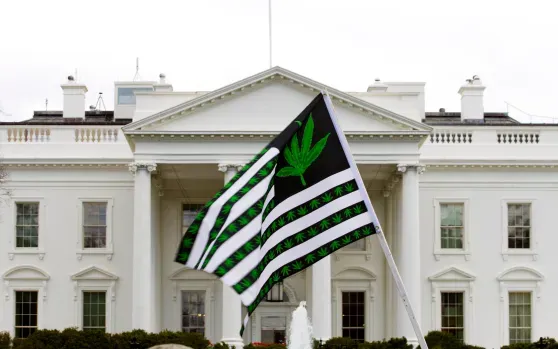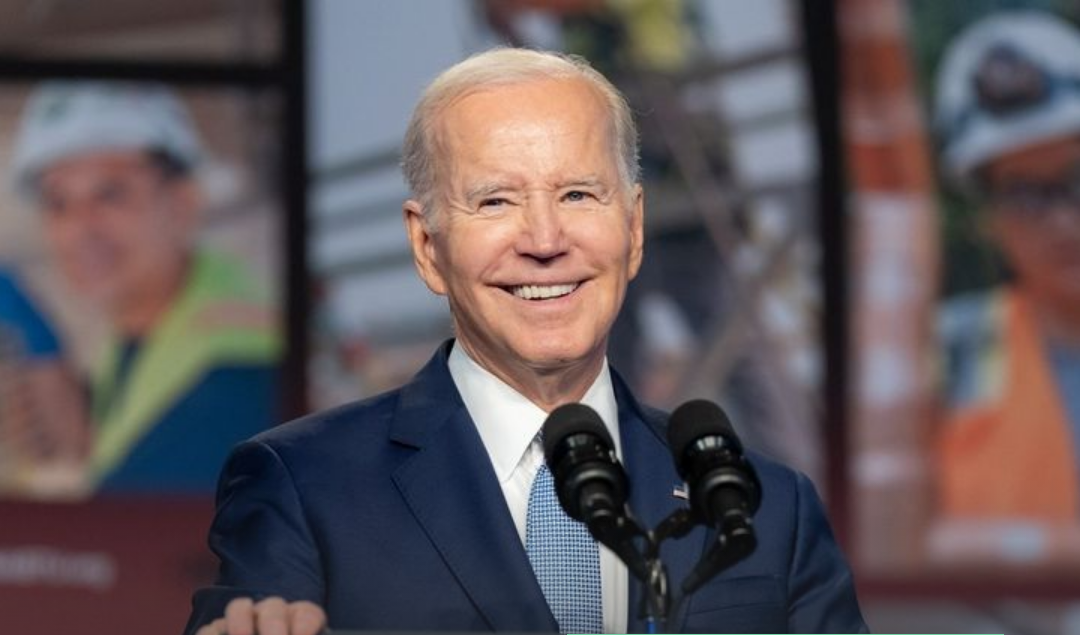Just Cannabis Ep. 3 — Womxyn & Cannabis Incarceration
Just Cannabis host Mikelina Belaineh sits down with Stephanie Shepard, a cannabis justice advocate and Last Prisoner Project Board member, who served almost ten years for cannabis conspiracy.
Listen to the episode HERE.
Stephanie Shepard grew up in Sacramento, California, the youngest of seven children and a proud product of parents formed by the Civil Rights era. During our interview, Stephanie shared an amazing story about the day she came into this world.
Imagine her mother goes into labor, and her dad rushes to the nearest hospital. At that time, hospitals in their area were still segregated, and the nearest hospital was for white people only. When Stephanie’s father arrived and asked to have his wife admitted, the hospital staff refused. Stephanie’s parents stood their ground. Unyielding, her father demanded that the hospital fulfill its duty and tend to his wife.
Thanks to this brave act of self-advocacy, Stephanie was born in that white hospital and started her life as a changemaker in this world. Stephanie’s aunt tells her she was the loudest baby in the nursery, and the only Black baby in the hospital. Since day one, Stephanie has been using her voice to bring positive, disruptive change to the world.
Fast forward to 2005. Stephanie has grown up to be an educated, working professional. She moves from California to New York to pursue her dream of becoming a real estate agent, a challenging task in the big city. Determined, Stephanie defied the odds and created a space for herself as a Black woman in a white-dominated industry. Bold, brave, and unapologetically herself, Stephanie bucked back against a world that told her to make herself small.
In 2010 Stephanie’s world was turned upside down, and her life forever changed when she was convicted of conspiracy to distribute marijuana and sentenced to ten years in federal prison.
The War on Cannabis was at peak levels of enforcement in New York City in 2010. Notorious and unconstitutional stop-and-frisk policies were in full effect. The city was all in on policing and punishment, steeped in the belief that Black and brown folks must be surveilled and heavily controlled. To be a Black or brown person in the city was to be seen as a potential criminal in the eyes of the law.
So how did Stephanie, a real estate agent with no criminal history, end up entangled in the machine of mass incarceration?
Stephanie had a man in her life who happened to sell cannabis. He became implicated in the cannabis conspiracy but suffered from a life-threatening illness while incarcerated pre-trial. His lawyer reached out to Stephanie, explaining that if she told the court that she was willing to house and care for him, they would likely release him. So, Stephanie offered to be his caretaker, hoping it would allow him to receive the medical care he desperately needed.
That act of kindness quickly made her a target for prosecution. Stephanie started off as a responsible potential caretaker, but by the end of the hearing, the government had labeled her a co-conspirator. As a first-time, non-violent offender, Stephanie was eventually convicted and sentenced to ten years in federal prison. Data tells us that at least 1 in 4 womxyn have an incarcerated loved one. Stephanie’s story is just one example of the complex ways in which the womxyn’s incarceration epidemic is intimately connected to and impacted by the mass incarceration of Black and brown men.
In the episode, Stephanie talks about how it felt to sit behind bars as cannabis legalization began to sweep the nation. While incarcerated, she watched white men in suits tell news reporters about the booming cannabis industry and celebrate their growing fortunes.
Stephanie was released during the summer of 2019, and she was placed on federal probation forfive years. Since being released, Stephanie has been using her voice o advocate for change in a cannabis movement that suffers from short-term memory loss, consistently ignoring the individuals, families, and communities who paid the ultimate price after paving the way for this burgeoning industry.
In this episode, you’ll hear how Stephanie survived the prison system and is pursuing her path to healing, working to transmute the trauma of incarceration into light and positive change for herself and others. Through Stephanie's story, we can better understand why it is in our best interest to center Black and brown womxyn in the fight for cannabis justice. Prisons, jails, and the entire criminal legal system were created with men in mind, and yet, it is womxyn who are being criminalized and punished at higher and higher rates. The impact of gender can no longer be overlooked.
We hope you enjoy this conversation and that Stephanie’s story and message inspire you to join the movement to end cannabis prohibition and punishment.
Listen to the episode
HERE.



The Last Prisoner Project. All rights reserved.
Last Prisoner Project is a 501(c)(3) tax-exempt organization with EIN 83-4502829. Mailing address: 1312 17th St #640 Denver, CO 80202. Our governing documents and conflicts of interest policy can be found here. Our Privacy Policy can be found here.
Website built on KUSHY



